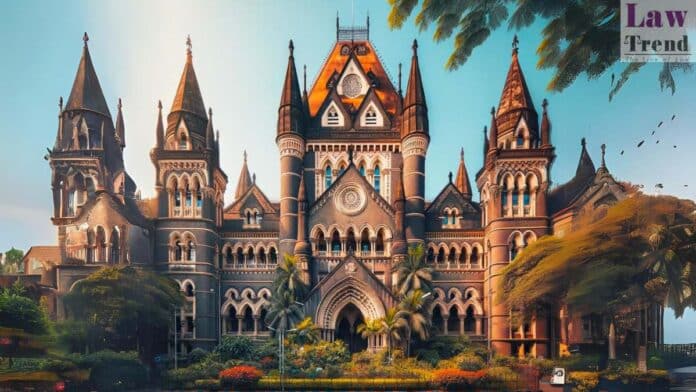The Bombay High Court has dismissed a writ petition filed by four advocates challenging a notice issued by the Kolhapur District Bar Association that restricted voting rights in its upcoming elections. The Division Bench comprising Justice G.S. Kulkarni and Justice Advait M. Sethna held that bar associations are not “State” or its instrumentalities within the
To Read More Please Subscribe to VIP Membership for Unlimited Access to All the Articles, Download Available Copies of Judgments/Order, Acess to Central/State Bare Acts, Advertisement Free Content, Access to More than 4000 Legal Drafts( Readymade Editable Formats of Suits, Petitions, Writs, Legal Notices, Divorce Petitions, 138 Notices, Bail Applications etc.) in Hindi and English.




